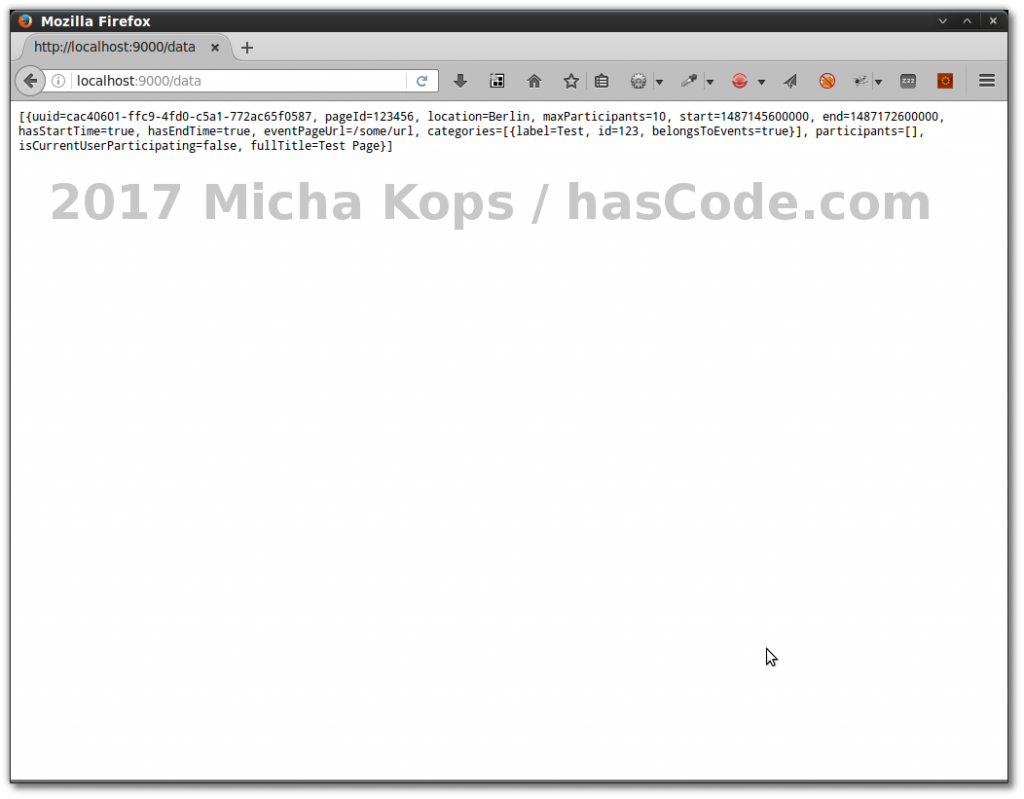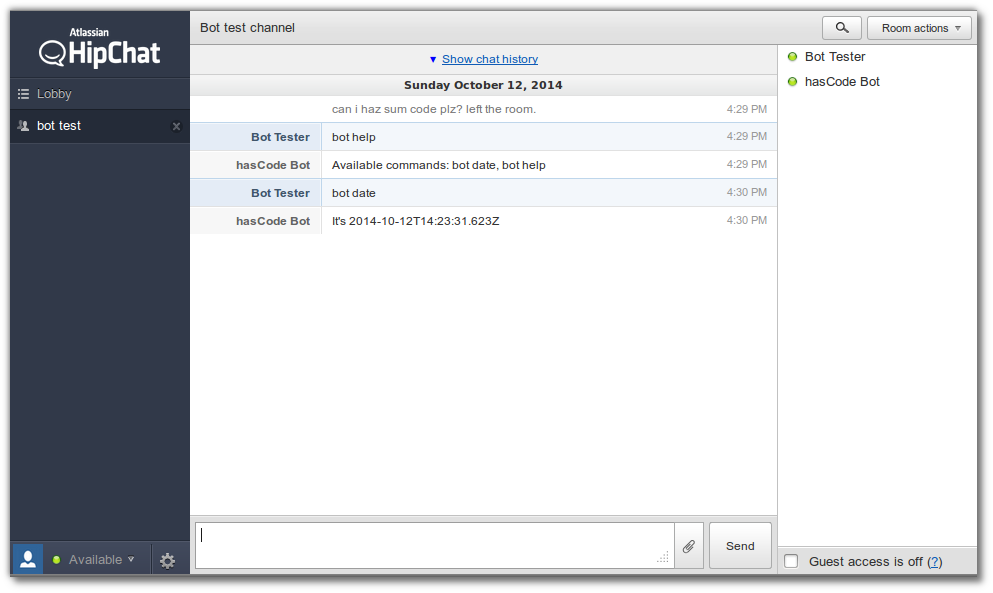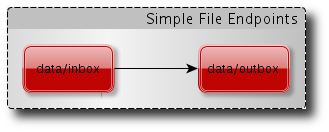Embedded Kafka for Spring Boot Testing without using Docker
Sometimes it is nice to set up an embedded Kafka broker for testing without the need to have Docker installed (e.g. for using testcontainers-lib). The following snippet shows, how to set up an embedded Kafka instance for testing for a Spring Boot project. Setup Using Maven, this is our Spring Boot project with dependencies needed: pom.xml <?xml version="1.0" encoding="UTF-8"?> <project xmlns="http://maven.apache.org/POM/4.0.0" xmlns:xsi="http://www.w3.org/2001/XMLSchema-instance" xsi:schemaLocation="http://maven.apache.org/POM/4.0.0 http://maven.apache.org/xsd/maven-4.0.0.xsd"> <modelVersion>4.0.0</modelVersion> <parent> <groupId>org.springframework.boot</groupId> <artifactId>spring-boot-starter-parent</artifactId>(1) <version>2.6.4</version> <relativePath/> <!-- lookup parent from repository --> </parent> <groupId>com.hascode.tutorial</groupId> <artifactId>kafka-testing</artifactId> <version>1.0.0-SNAPSHOT</version> <properties> <project.build.sourceEncoding>UTF-8</project.build.sourceEncoding> <project.reporting.outputEncoding>UTF-8</project.reporting.outputEncoding> <java.version>17</java.version> <maven.compiler.source>${java.version}</maven.compiler.source> <maven.compiler.target>${java.version}</maven.compiler.target> <kafka.version>3.1.0</kafka.version>(2) </properties> <dependencies> <dependency> <groupId>org.springframework.boot</groupId> <artifactId>spring-boot-starter</artifactId> </dependency> <dependency> <groupId>org.springframework.kafka</groupId> <artifactId>spring-kafka</artifactId>(3) </dependency> <dependency> <groupId>org.springframework.boot</groupId> <artifactId>spring-boot-starter-test</artifactId> <scope>test</scope> </dependency> <dependency> <groupId>org.springframework.kafka</groupId> <artifactId>spring-kafka-test</artifactId>(4) <scope>test</scope> </dependency> <dependency>(5) <groupId>org.junit.jupiter</groupId> <artifactId>junit-jupiter-api</artifactId> <scope>test</scope> </dependency> <dependency> <groupId>org.junit.jupiter</groupId> <artifactId>junit-jupiter-engine</artifactId> <scope>test</scope> </dependency> <dependency> <groupId>org.junit.platform</groupId> <artifactId>junit-platform-launcher</artifactId> <scope>test</scope> </dependency> [..] </project> ...


